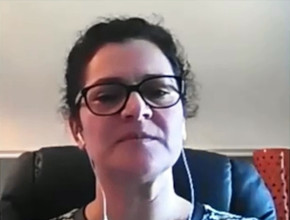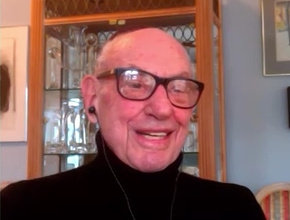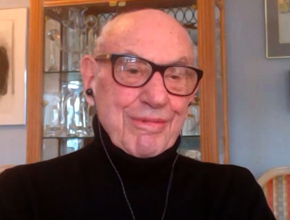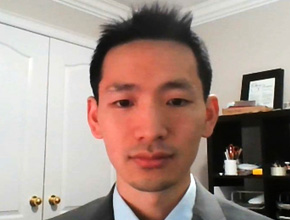References
Goldberg WM. An Internist’ Journey with Behavioural Medicine. Can J Gen Int Med. 2016;10(4):6-9. doi:10.22374/cjgim.v10i4.84.For part 1 of this interview, click here. For part 3 of this interview, click here.
This transcript has been edited for clarity and expanded.
Roman Jaeschke, MD, MSc: Dr Goldberg, our discussion started by your comments on chronic pain treatment in the McMaster Textbook of Internal Medicine [see Pain Management: Basic Principles]. You had some strong opinions about the use of opioids. This is a separate issue, a separate topic, but I wonder if you could share your views with us.
William Goldberg, MD, DSc: When I read that section, which was on chronic pain—and I’m not sure if the section said the chronic pain was all related to, say, cancer…
Roman Jaeschke: Let’s assume it was not. I want to hear your views on chronic opioids, regardless of the textbook.
William Goldberg: So chronic pain for which there is no obvious cause, of which chronic low back pain is probably the best example. In your textbook it said that there was no role for cognitive behavioral therapy (CBT) in this situation.
Roman Jaeschke: That got your attention. We will sort it out. There is a role, a big role, for cognitive therapy in chronic pain.
William Goldberg: It’s the best indication of how we’ve been ignored. In any case, then I wrote those emails to people saying that CBT worked in chronic pain. And the best example I think is a chronic back pain [see A McMaster innovator. CBT decades ago].
Roman Jaeschke: What’s your view on chronic opioid treatment?
William Goldberg: To be honest, that’s another point that was very upsetting to us. Over 20 years ago—I hate to say it’s been probably 35 years now—most pain clinics were really directed towards using pharmacological approach to pain. We never used any pharmacological approach, we yielded to mood elevators, we avoided analgesics like the plague, and we heard that one of the units—let it go unnamed—was using morphine for these chronic low back pain patients or chronic back pain patients.
We were just so upset because we said that destroys the whole cognitive behavioral approach. You’re trying to teach these people to be in control, and then you’re giving them something that is going to make them out of control—pills. We sort of predicted that would be a disaster. And to say the least, it turned out to be a disaster. But if you look at what happened, say, south of the border, I think at one time in Florida there were 50 pain clinics that did nothing but hand out oxycodone. That’s all they did. Patients just went there to get oxycodone for pain. The whole thing is predictable. It just seems like being a drug pusher in a legal setting.
 English
English
 Español
Español
 українська
українська











